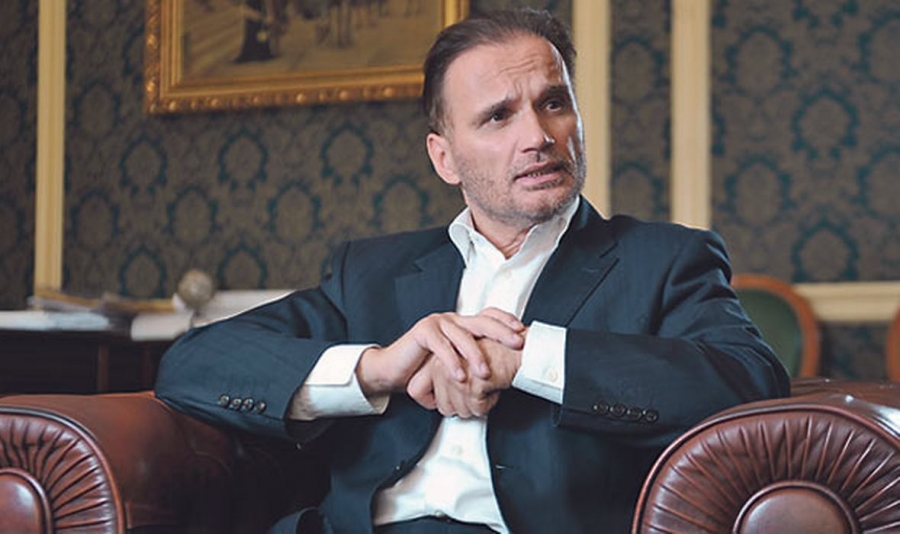You cannot be convicted for a criminal offense if, at the time of the act, that offense was not defined by law as a crime. In other words, the provision of the criminal offense for which Milorad Dodik was convicted—introduced by Christian Schmidt—did not legally exist when Dodik’s actions took place. That is the core of the issue, explains the legal advisor to the President of Republika Srpska, lawyer Anto Nobilo.
The Croatian lawyer confirmed for Sputnik his earlier position that the verdict against Dodik could be challenged at the European Court of Human Rights, at least on this ground. Nobilo added that he will present additional arguments once he has seen the full decision of the Court of Bosnia and Herzegovina.
No punishment without a law
“What cannot be justified in the Court’s reasoning is the violation of the principle of legality, which is a fundamental principle of criminal law in all countries. Namely, Dodik signed decrees enacting two laws that had been annulled by Christian Schmidt, before Schmidt’s criminal provision had even entered into legal force. In criminal law, laws cannot be applied retroactively,” Nobilo explains.
He adds that Bosnia and Herzegovina has a legislative framework that defines how laws are adopted and amended.
“That law says that if an existing law is to be amended or supplemented, it must go through the same procedure as the original law. The Criminal Code of BiH was adopted by the Parliament and came into force after being published in the Official Gazette of BiH. Therefore, if the High Representative was allowed to amend a provision of that law, it had to be done through that same legal procedure—meaning it had to be published in the Official Gazette,” he explains.
Strong arguments
“Laws generally enter into force eight days after publication in a country’s official gazette, and that is a globally accepted standard. A person cannot be prosecuted for an act that, at the time it was committed, was not legally defined as a criminal offense with a prescribed penalty. This alone is enough to bring the case before the European Court of Human Rights. We have many other arguments, but I would prefer to wait until I’ve seen the full ruling from the Court of BiH,” Nobilo notes.
He adds that the question of Christian Schmidt’s legal authority is another set of serious issues.
The European Court is not the BiH court
“According to our interpretation, Schmidt was not lawfully appointed and did not possess legal authority. We have strong legal reasons to believe this. However, most Western states recognize his authority, so this becomes a matter of politics and the borderline between international politics and BiH constitutional law. While we believe we are right on this matter as well, it will not be our primary argument before the court,” Nobilo told Sputnik.

When asked whether one can expect a fair and impartial process at the European Court, given that its judges come from states that support Schmidt, Nobilo responded:
“The judges there are people of integrity, often at the end of their careers, and they are not likely to succumb easily to political pressure. In BiH, foreign influence on judges is more direct, and decisions can be steered. But that is much more difficult in Strasbourg,” he concluded.
Nobilo emphasized that he would not comment on the political situation in BiH, as he is a foreigner, but noted that through Dodik’s case he became well acquainted with the internal dynamics of the country.
Source: Vasiljenska.net









